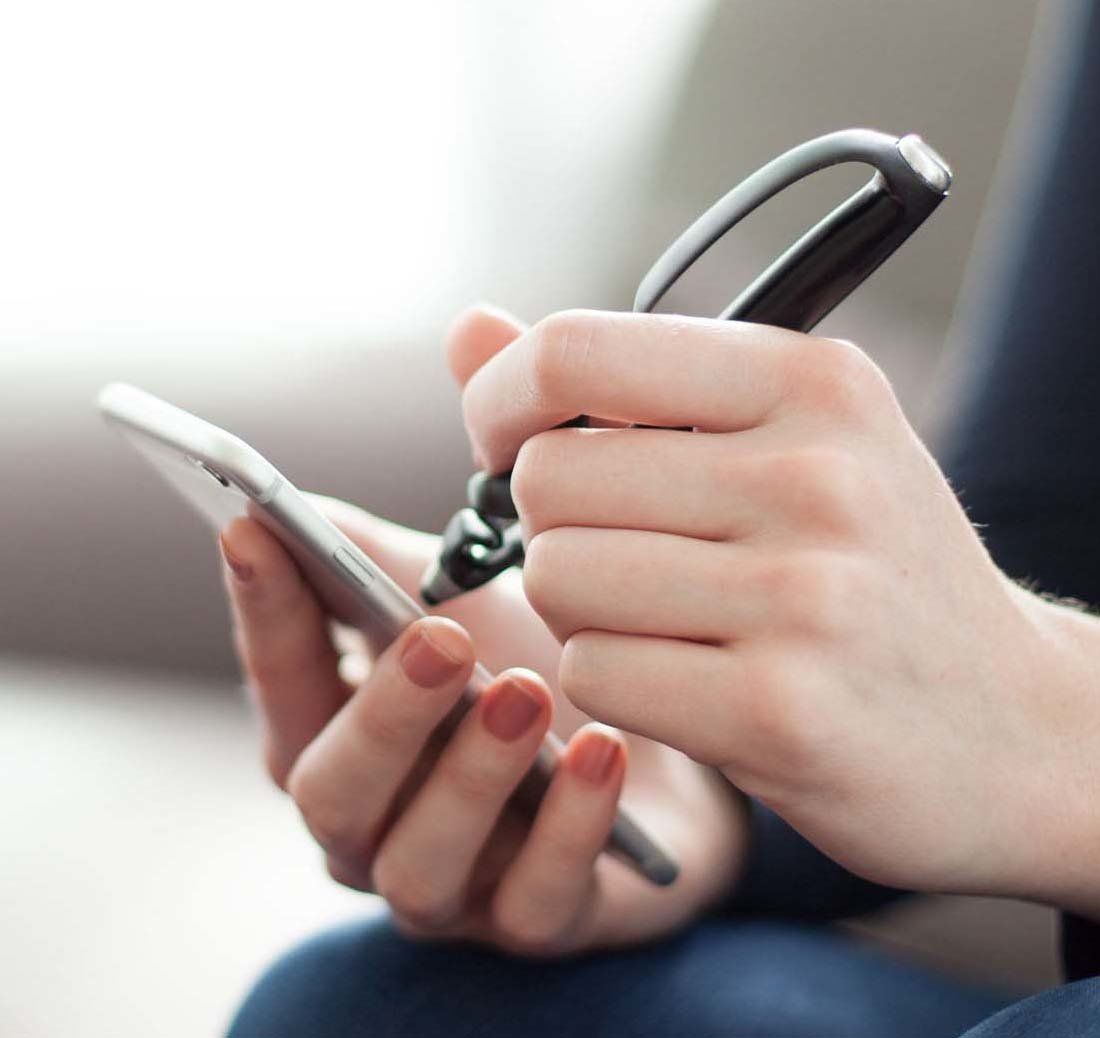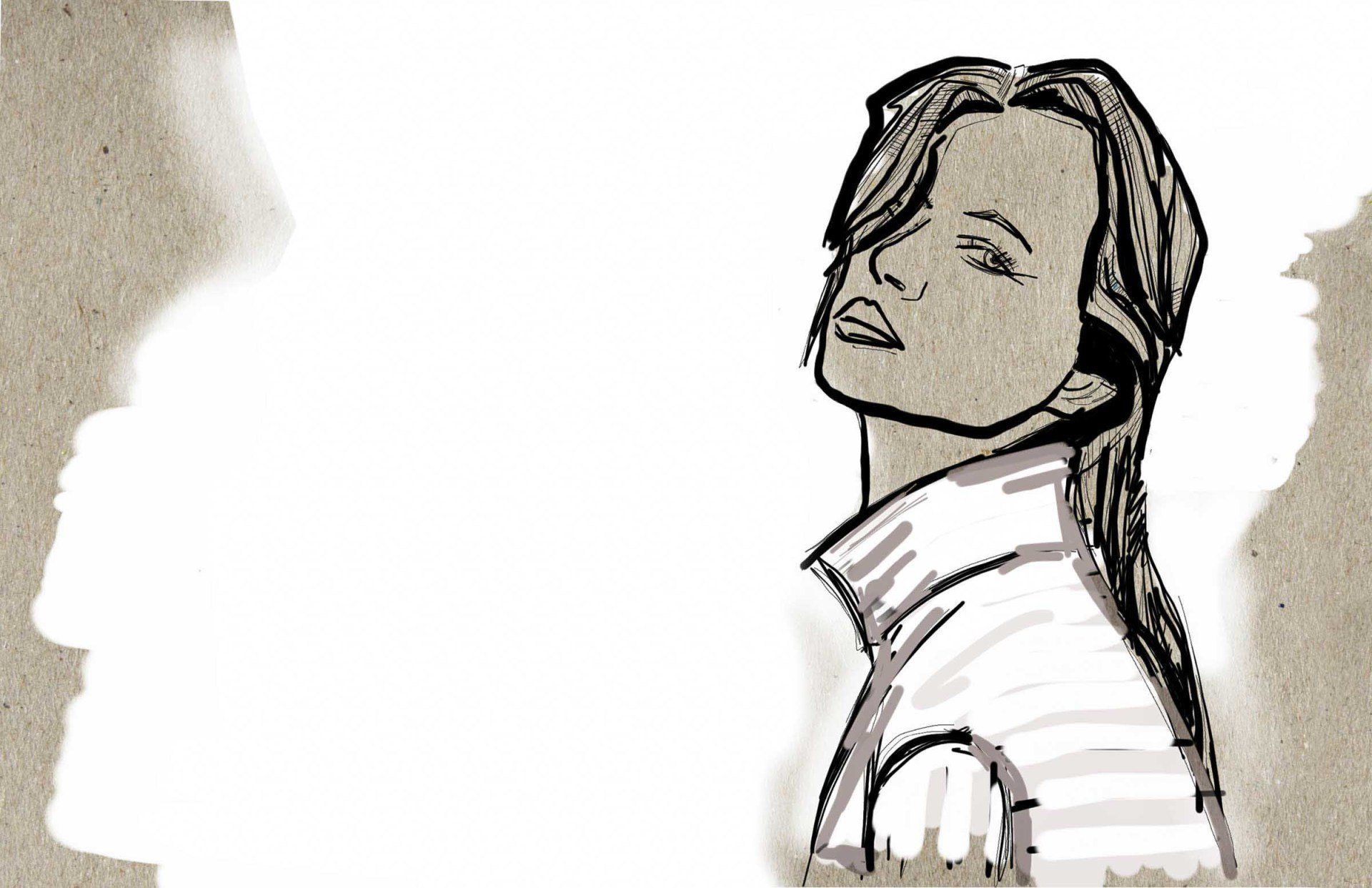Our first day on Kickstarter: a diary
Website Editor • February 26, 2020
Nothing really prepares you for your first day on Kickstarter.
The run-up is full of anticipation, excitement ―and admittedly, some worry― as the team takes giant leap into the future and the business enters a whole new stage of development.
Following a week of little sleep we gathered around a seated David Craig and his laptop for a ceremonial 10:00 am ‘pushing the button’ and launched the campaign with a cheer and a few nervous looks.
Our first funders made contact within 15 minutes and each was greeted with more cheers as we watched the counter change. There soon came a point when we decided to save our energy —and voices— to focus on answering queries and questions and quietly set about (more) contacting and content creating.
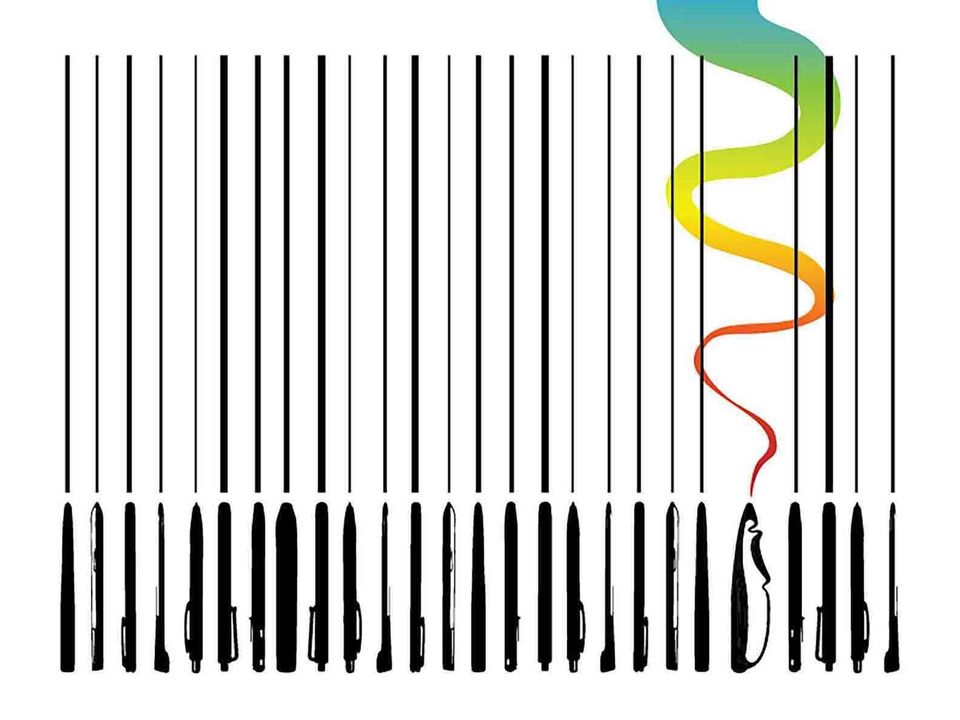
The steady flow of support from funders throughout the morning, the afternoon, the evening promoted calm and provided the much needed relief.
And, it became clear throughout the day that what was really motivating us was not so much the rising fund figure as the communication coming from the great variety of people from all over the world. Funders, well-wishers, friends, creative professionals, technology enthusiasts, journalists all provided us with a great result for our first day and the chance for a good night’s sleep!
Overall, enterprises need to focus on value adding activities. In doing so, it’s important not mistake adding functions that appear valuable, with actual value adding functions. Often the last minute addition to the blueprint causes untold hassle and complications that ultimately distract from the overall message and vision, putting the entire enterprise in jeopardy.
Articles
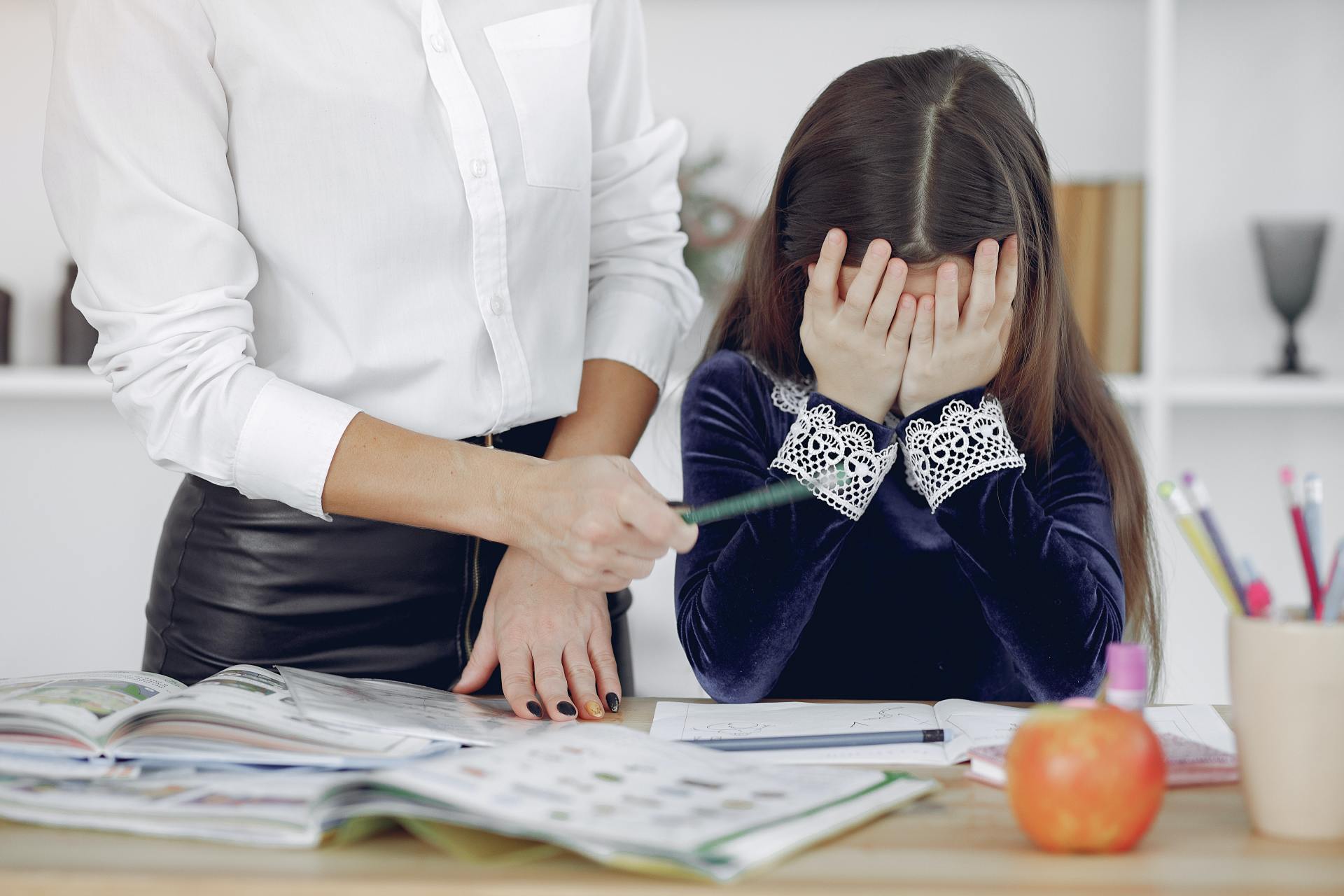
The United Nations has described the disruption to education caused by the pandemic as ‘unparalleled’. At the virus’ worldwide peak in April, it is estimated that over 90% of all enrolled learners, from kindergarten to bachelors and beyond, had their education affected by school closures and the pandemic (UNESCO). For many university students and older children, they have had to adapt quickly to online learning. They can keep in touch with their peers and teachers online and continue their studies, albeit in a highly modified way. As challenging as this may be, this experience will help equip them for a future that is increasingly online. For parents of younger children, they are assuming a new role: their child’s home school teacher. This is in addition to their usual childcare and household duties, their work responsibilities and often emotional and financial worries caused by the pandemic. Stressful? Yes. The good, and somewhat surprising, news? The experts advise that you don’t teach your children - at least not in the way you might expect.
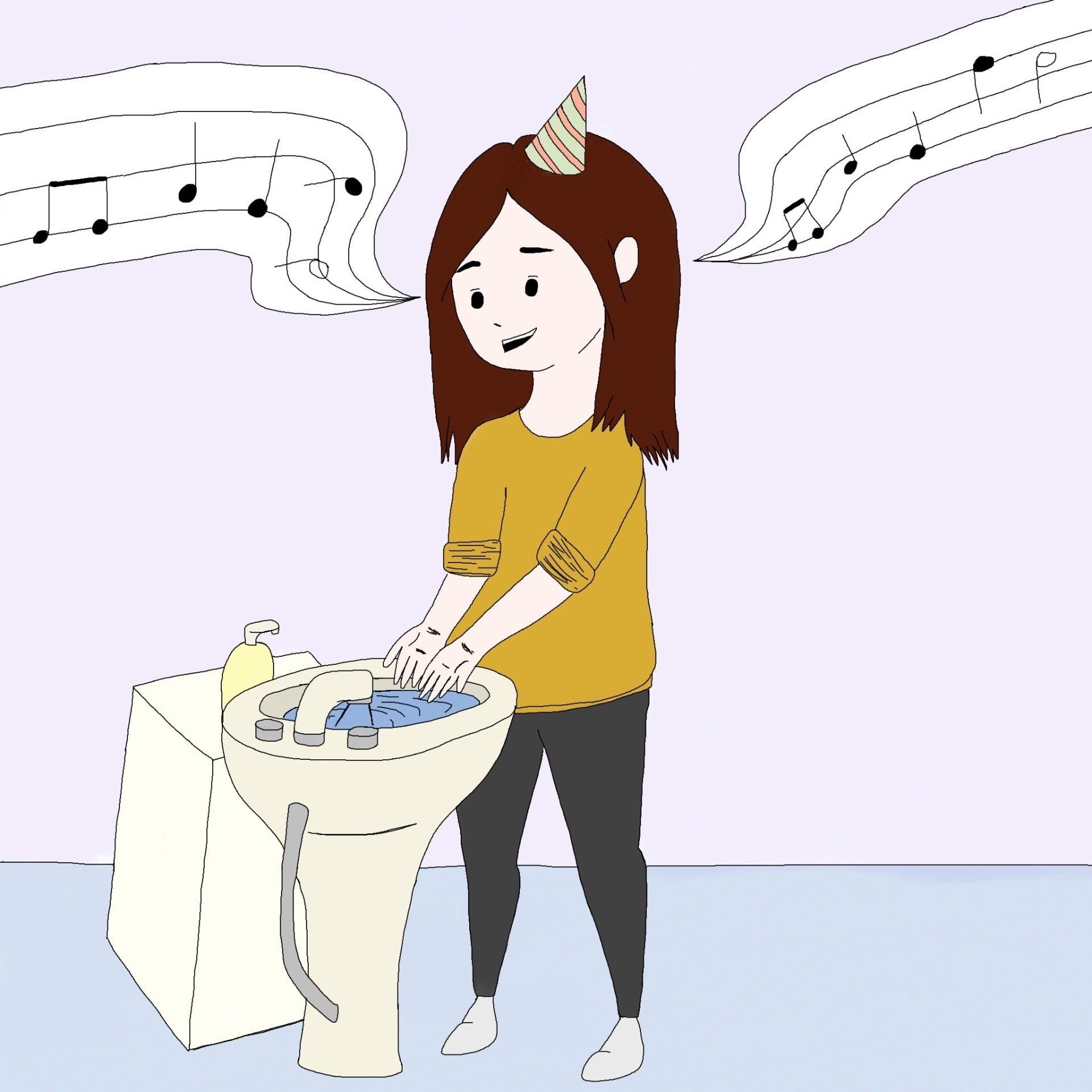
If the recent outbreak of Covid-19 has taught us anything, it's that many adults do not wash their hands effectively. It has never been more important that we support our children to develop good personal hygiene to keep themselves and our families safe. This seemingly easy task can be very difficult for children with fine motor skill difficulties. In this article, we explore some ideas to support your child with hand washing.
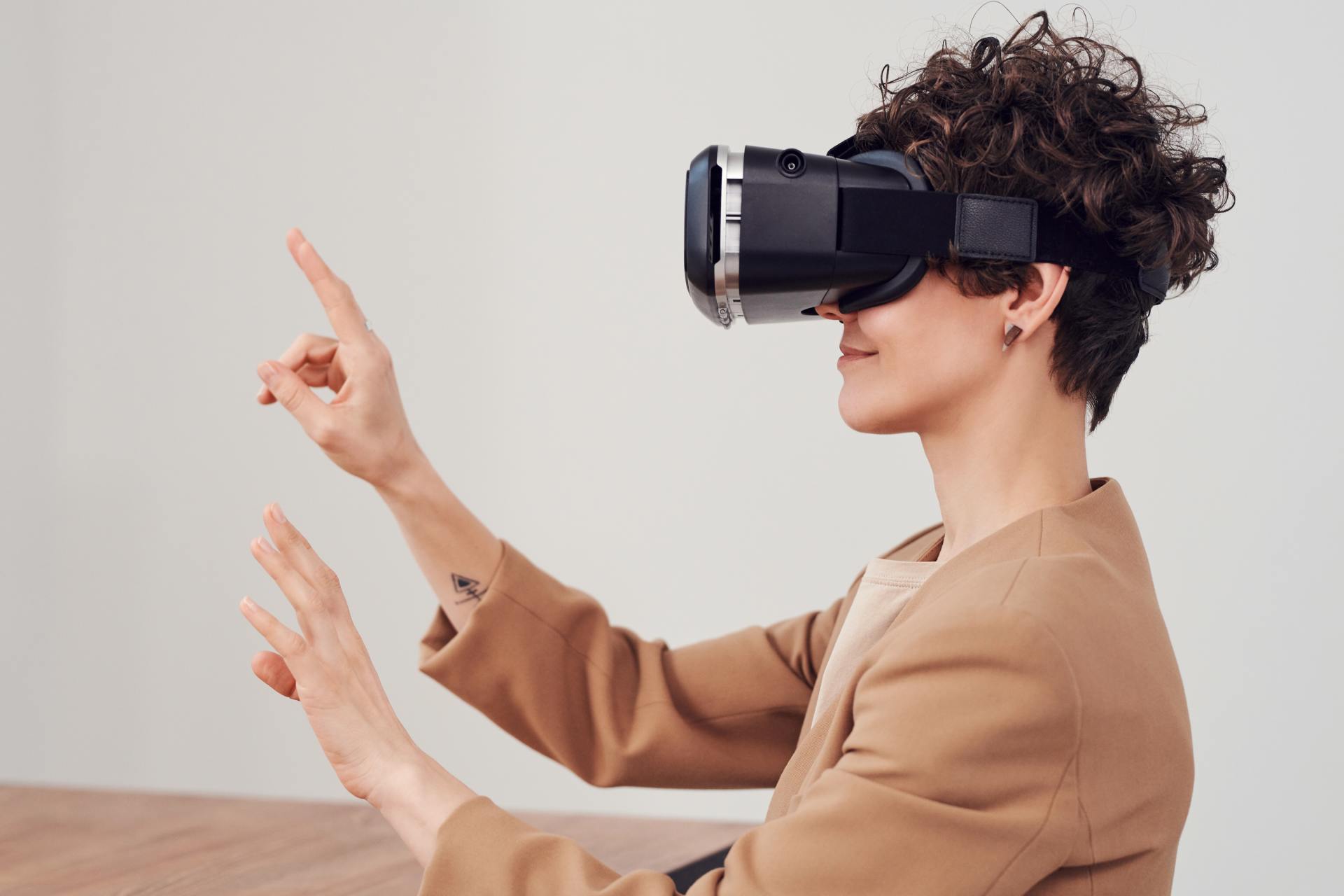
Lockdown has brought the digital future into the now. Online shopping, entertainment, education and more have moved from the periphery to the mainstream to, in many cases, the only option. With the necessity of social distancing looking to continue for many months, it appears that this rapid digital revolution is here to stay. This means that life as we know it, in most of its sectors, has changed forever. In order to survive, businesses are having to adapt rapidly, embrace technology and look to the future. Architecture is no exception. There has been a widespread adoption of technology and VR over the past few months in response to the lockdown across all of society. Elderly grandparents who were once resistant to adopt new technologies talk of “Zooming” and have started video chatting with their family members to combat loneliness. Art galleries that were once considered stuffy or pretentious are now pioneers in VR technology, with Google Art & Culture offering tours of London’s National Gallery or the Musee D’Orsay in Paris. These virtual tours deliver art in a dynamic new way that can be far more engaging than regular photos. Critics have applauded the panoramic and immersive views of gallery building and exhibitions which work well for rendering of 2 dimensional art, however impressions of sculpture is somewhat lacklustre. With VR technology, users can enjoy a truly immersive experience in the comforts, and safety, of their own home. The COVID-19 pandemic has served as an accelerant for the arts and entertainment industries to embrace VR.

